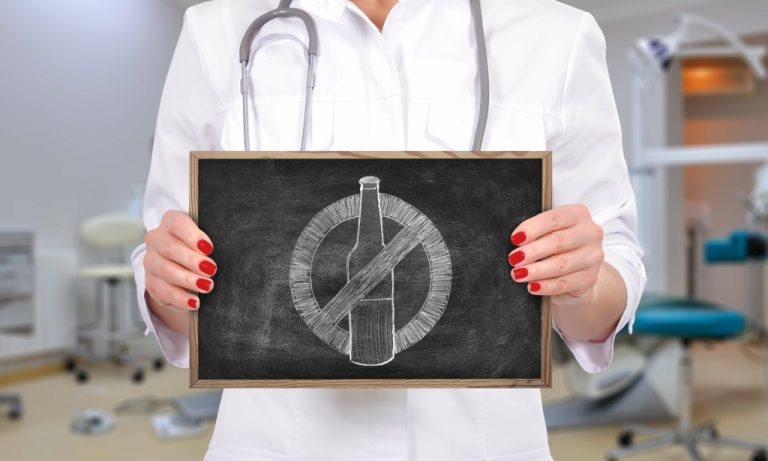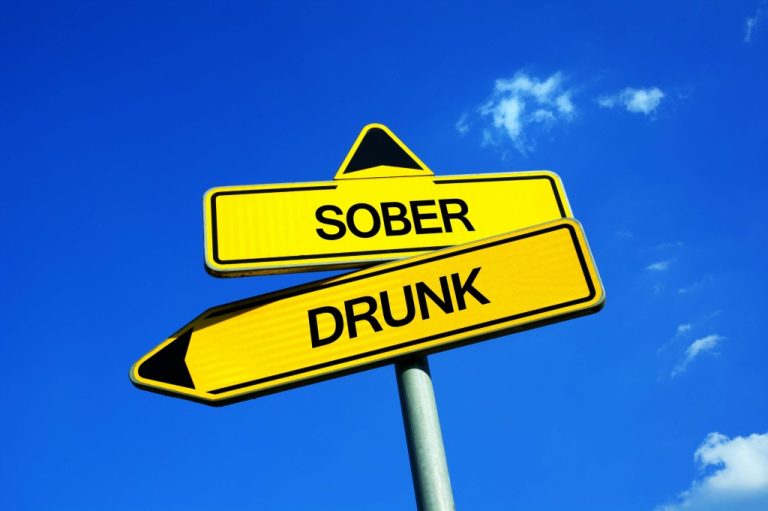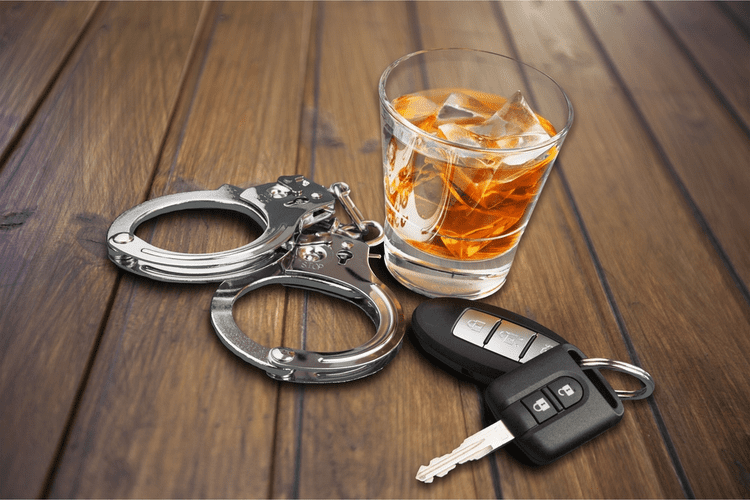For example, if you typically drink five beers a night, you might cut down to four, then three, and so on. You might run into obstacles along the way that tempt you to drink. Satisfying hobbies can distract you from wanting to drink, but they also help you relax — something everyone needs to do. If you turn to alcohol to manage emotional distress, the added overwhelm can prompt the urge to drink, making success seem even more out of reach. Practicing your refusal ahead of time can help you feel more comfortable and confident when you find yourself in a situation that involves alcohol.
- The Recovery Village Atlanta offers comprehensive addiction treatment for drug and alcohol addictions and co-occurring mental health conditions.
- Gradual reduction strategies include slowly decreasing the amount of alcohol consumed over time and extending the time between drinks.
- For example, if you normally drink 6 glasses of wine each night, you can try reducing that to 5 glasses of wine a night.
- A healthcare professional can provide invaluable guidance on the best ways to safely taper off alcohol.
- These strategies should be implemented according to an individual’s specific needs and drinking habits, under the guidance of a healthcare professional or addiction specialist.
- If you’ve been drinking for a long time, you may experience withdrawal symptoms when you quit drinking.
Sample Alcohol Tapering Schedules

This can give your body the chance to adjust, helping you avoid the worst of withdrawal symptoms. If you’re living with alcohol use disorder, quitting drinking is important for your health. But quitting on your own can pose risks to your health and is unlikely to be successful.

Tapering off Alcohol vs. Going Cold Turkey
Whatever method you use to taper down, your plan should also be approved and monitored by a healthcare profession to ensure your safety. Working with a physician on the Monument platform can help determine what timeline will work for you based on your past drinking habits http://www.infopiter.ru/business/bus3.html and risk of withdrawal. Whatever schedule is chosen, it’s important to commit so you can build upon your progress and avoid withdrawal symptoms as much as possible. Professional care settings are uniquely equipped to address the challenges of meth addiction through structured programs tailored to each individual’s needs. In these settings, every step of recovery—from detox to relapse prevention—is supported by experienced professionals who understand the complexities of addiction.

What Is an Alcohol Taper Schedule?

Stopping alcohol use is the first step of the recovery journey, but staying sober for longer and longer periods is the goal. Getting professional treatment and long-term support are two of the most valuable strategies for avoiding relapse. Tapering off alcohol helps some people start their recovery journeys. It can also be a good idea for people who don’t want to, or can’t, attend any type of full detoxification program. Figuring out where to start your alcohol taper schedule can be challenging. Counting each drink you consume may seem simple, but all drinks are not created equal.
- John C. Umhau, MD, MPH, CPE is board-certified in addiction medicine and preventative medicine.
- People with moderate to severe alcohol addiction may find an alcohol taper difficult to accomplish.
- Adjusting an alcohol taper schedule is a critical step in safely managing withdrawal symptoms and ensuring a successful reduction in alcohol consumption.
- If you experience dangerous signs such as high blood pressure, racing heart, or arrhythmias, slow your taper and seek assistance.
- Talk with a healthcare professional if you’re concerned you may experience detox symptoms when quitting drinking or cutting back.
- We support both moderation and abstinence as goals and, although we cannot provide medical detox remotely, we can help you design an effective tapering schedule to reduce your drinking.

A healthcare provider can tailor the tapering schedule to the individual’s needs, considering factors like dependence and overall health. They can also provide support and resources to manage withdrawal symptoms and address any complications that arise. It’s important to note that tapering alcohol should be done under the guidance of a healthcare https://solnysh.ru/en/ professional to navigate potential challenges safely.
- That said, If you’ve been drinking excessively, then stopping drinking cold turkey can lead to withdrawal symptoms.
- Becoming more aware of your alcohol triggers and reasons for drinking can help you plan ways to help manage the urge to drink.
- Additionally, understanding and avoiding personal triggers can help prevent relapse.
This is why it is important to stop regular, heavy drinking only under the supervision of medical staff. They can provide medications and additional http://alpklubspb.ru/persona/pogrebeckyin.htm support to make quitting alcohol safer, and more comfortable. Over time, this can help you slow down and make more intentional choices about how much you’re drinking.
